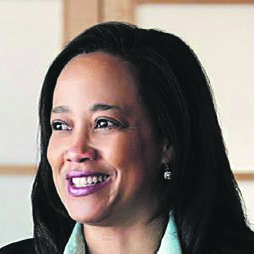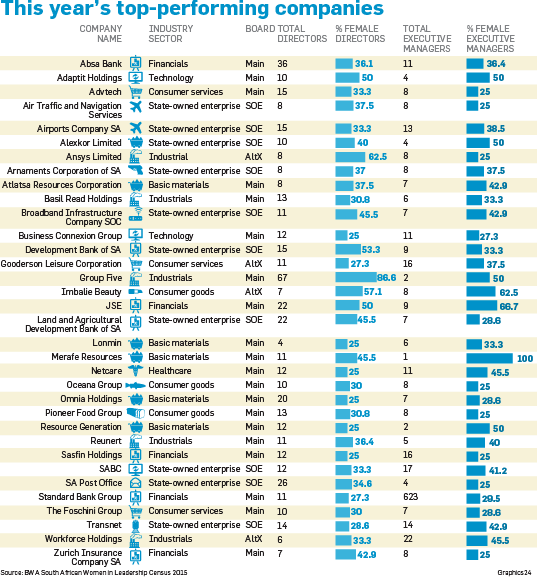
This year marks 86 years since white women in South Africa first got the chance to vote. Since then, a great deal of work has been done to advance the cause of all women in society, but even in 2016 it is an unfortunate reality that they still have to compete in an unequal work environment.
According to the World Economic Forum, the global workforce comprised 1.5 billion women in 2006. By 2015, there were a quarter more, bringing the total of female professionals to 1.75 billion.
Despite this increase, by last year women were only earning, on average, the same amount as men earned 10 years ago. In 2006, the average female annual salary was estimated to be R90 000. By 2015, this had risen to about R165 000 a year – the same average salary men received in 2006. Compare this with the average male annual salary for 2015, which had risen to about R315 000.
Only 23% of South African businesses reflect female participation in leadership positions, while women make up a mere 13% of the boards of listed companies. This despite the fact that 23% of the women in this country enrol for tertiary education, compared with 17% of the men. Given all the opportunities technically available to women, this lack of transformation at executive level needs addressing. As the biggest marketplace connecting investors from all sectors, and one of the oldest companies in the country, we as the JSE believe that the stock exchange has a key role to play in creating a favourable economic environment and advancing issues such as equality for women in the workplace.
We are making progress in prompting our listed companies to disclose the female representation on their boards and drive transformation at an executive management level. In August 2015, we changed our listing requirements to give effect to this.
From January 1 2017, all listed entities will need to have a policy on the promotion of gender diversity at board level, as well as disclose how they are performing against this policy. The JSE does not set any targets but encourages companies to have voluntary ones.
We anticipate that this disclosure will enable companies to enter into constructive dialogue regarding the pace and nature of gender transformation and, in doing so, set up an agenda for change.
For years, South African companies have focused primarily on addressing the issue of racial diversity and other aspects of economic transformation, ignoring gender challenges. We need to tackle this pressing issue head-on by emphasising the potential women have to contribute meaningfully to the workforce. This needs to happen at all levels, particularly in management positions.
The JSE’s new listing requirement complements existing transformation legislation. Working at improving gender representation is not unique to South Africa. In 2012, the European Commission proposed legislation with the aim of attaining a 40% female representation in the nonexecutive board member positions of publicly listed companies.
As the JSE, we are proud of the achievements we have made in becoming a representative company. Of our more than 500 employees, 60% are black and 52% are female – something not many companies, especially in our sector, have managed to get right.
In addition, seven out of our 10 executive committee members are female, and 50% of the JSE’s board are women, including our chairperson.
We were also proud to raise awareness of the issue on International Women’s Day earlier this month, on March 8. Alongside 34 other exchanges, about 200 people gathered at the JSE to (literally) ring the bell for gender equality in an effort to highlight the importance of private sector action.
The Ring the Bell for Gender Equality was a joint initiative of the UN Global Compact, the Sustainable Stock Exchanges Initiative, UN Women, the International Finance Corporation, the World Federation of Exchanges and Women in Exchange Traded Funds.
Locally, the event was supported by the National Business Initiative and the Global Compact Network SA. Along with these and other partners, we are committed to continuing to raise awareness of the need for broad-based transformation.
Diversity in business and management make for better-performing companies. Countries also show a marked improvement in their general economic health when they have inclusive growth – in other words, when all parts of society have an equal opportunity at participation. This applies not only to gender diversity, but to issues relating to disability and race.
We acknowledge that while steps have been taken towards achieving gender inclusivity, far more needs to be done.
Jacobs is the director of marketing and corporate affairs at the JSE
What concrete steps should companies take to expedite gender equality?
SMS us on 35697 using the keyword WOMEN and tell us what you think. Please include your name and province. SMSes cost R1.50




 Publications
Publications
 Partners
Partners










